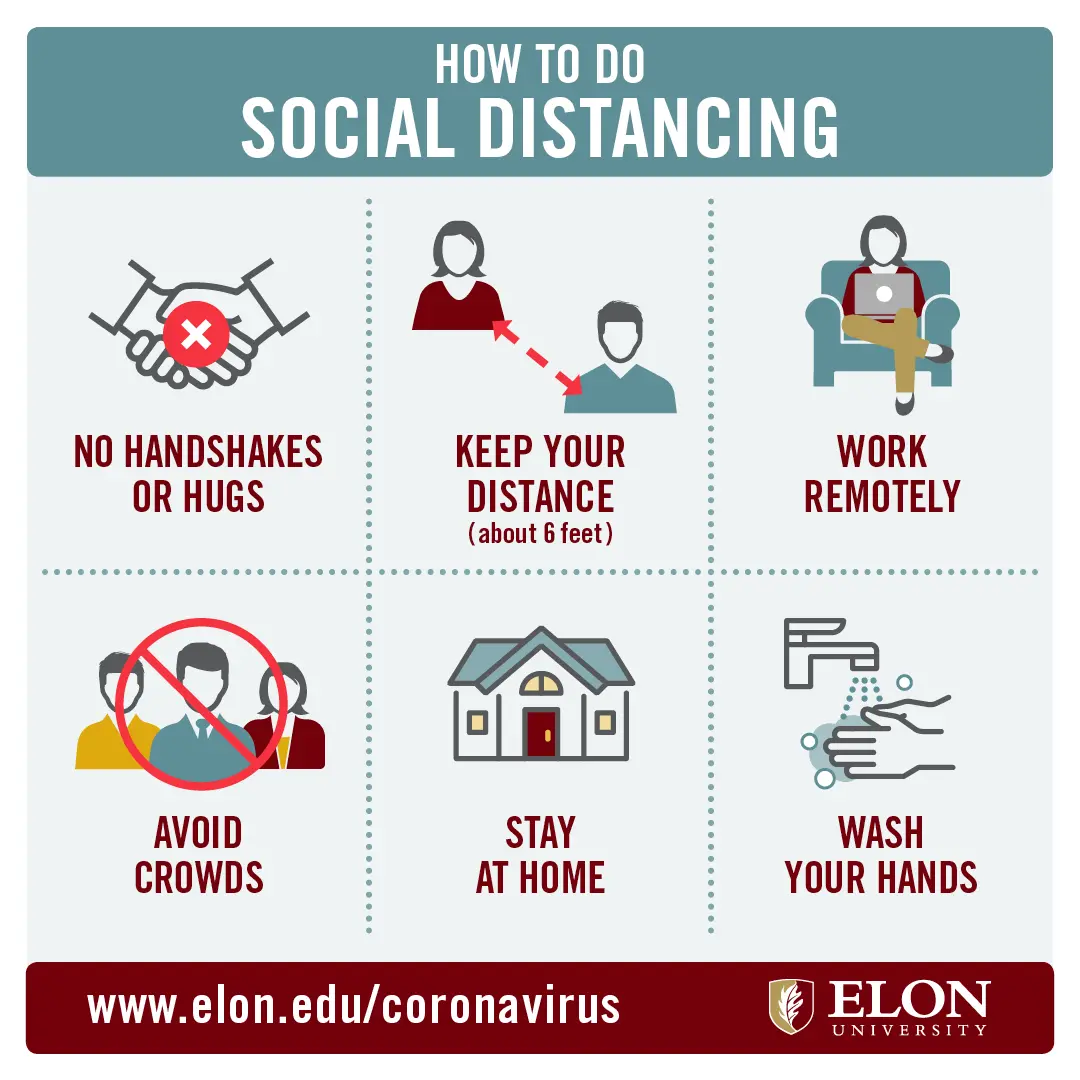A common belief is that prolonged intense workouts, like endurance races, can weaken the immune system. While there’s evidence supporting this, regular moderate exercise, especially cycling, appears to have a particularly positive impact on overall health and well-being, including boosting the immune system.
With restrictions in place across many areas, it's understandable to feel uncertain about maintaining an outdoor training regimen. If you live in a densely populated area where finding open spaces for solo workouts is challenging or impossible, you may need to adjust your training plan. However, if you're fortunate enough to have access to parks, preserves, or open spaces, there’s little cause for alarm, provided you follow appropriate safety measures. The coronavirus, or COVID-19, spreads primarily through person-to-person contact, so simply keeping your distance significantly lowers your risk.

**Key Questions Before Training**
Before heading out for a training session, take time to understand how best to protect yourself and others.
**Could Training Compromise My Immune System? Maybe.**
Whether your immune system is affected depends on various factors, including diet, sleep patterns, stress levels, pre-existing health conditions, and adherence to COVID-19 guidelines. How you approach training can also influence your immune system, depending on the intensity and duration of your workouts. Boosting your immune system is possible through simple habit changes.
Moderate exercise benefits the immune system, whereas extremely intense, prolonged workouts might not qualify as "moderate." For a clearer understanding of what constitutes moderate exercise, the CDC suggests activities like walking at a brisk pace, cycling at a steady pace, or stationary biking with moderate effort. Beginners should start slowly to build strength and endurance, gradually increasing intensity to avoid overwhelming the body and immune system. For seasoned athletes, perceived effort is a better measure of activity levels. Conversational pace, where you can talk comfortably, aligns with heart rate zone 2, which is great for joint health and cardiovascular fitness.
**How Does Exercise Impact My Immune System? It Depends.**
A balanced exercise routine enhances heart health, aids in weight management, improves physiological functions, and strengthens the immune system. Cycling seems to offer additional benefits, such as being low-impact, having anti-aging effects, and promoting mental health.
The UK study highlights cycling's profound effects. It involved 125 cyclists aged 55 to 79, comparing their blood samples with non-exercisers of the same age and younger adults aged 20 to 26. The findings suggest that maintaining fitness can have anti-aging effects:
- Cyclists' body fat levels matched those in their 20s.
- Their thymus gland sizes were consistent with those in their 20s.
- Cyclists' immune system functionality and T-cell counts were similar to those in their 20s.

**Is It Safe to Train Now? Yes.**
As long as you adapt your training routine and aren't in an area where restrictions prevent outdoor cycling, training outside is a great way to meet your body's needs: fresh air, physical activity, and a change of scenery. Nearly everyone can benefit from cycling, but men, those managing mental health issues, and people under high stress might find it especially helpful. Social distancing and quarantine can be stressful for everyone, even the most resilient individuals. For extroverts or those with mental health concerns, isolation could worsen anxiety and depression.
Research indicates that cycling might be the most effective stress-reducing exercise. Data from surveys involving over a million participants showed that cycling ranked above other activities, coming in second only to team sports by 0.7%.
**Should I Modify My Training? Yes.**
With races postponed or canceled, there's no reason to train as if a race is imminent. Reduce intensity and duration to avoid overexertion, which can harm immunity. If you're just starting, you likely don't need to cut back. For guidance, consult a coach, many of whom offer virtual services.
Without races to prepare for, endurance athletes should focus on maintaining fitness, improving weak areas, or rebuilding base levels. Numerous maintenance plans are available from reputable coaches.
**Safety Tips During Training**
Your safety depends on your decisions. Follow these straightforward precautions to minimize the risk of contracting COVID-19.
**Stay Six Feet Apart**
Social distancing and stay-at-home orders are crucial. They reduce your risk of exposure and protect vulnerable loved ones. Maintain at least six feet from others while training. On a bike, this distance should be even greater due to the respiratory signature created by moving riders. Avoid group rides or planned rides with friends for now; these can resume once the situation improves.

**Maintain Hygiene**
Though cyclists rarely make physical contact, hygiene remains vital. Germs and viruses are invisible, so extra caution is wise. Basic hygiene practices recommended by the CDC, like frequent handwashing, are crucial. Use hand sanitizer or wipes and avoid touching your face. Shower immediately upon returning home and wash clothes outside to prevent bringing germs into your home.
**Prioritize Health**
Staying active is essential for good health, even during a pandemic. Binge-watching TV might seem appealing, but regular exercise benefits both body and mind. Whether indoors or outdoors, prioritize physical activity.
Connecting with nature boosts energy and improves health. Studies show that outdoor time enhances physical, mental, and emotional well-being. Fresh air and sunlight improve digestion, blood pressure, and immunity. Spend time outdoors while adhering to safety guidelines.
Nutrition is equally important. Be mindful of what you eat and drink. A diet lacking in essential nutrients and fluids can weaken the immune system and contribute to inflammation and obesity.
Sleep quality and quantity directly affect immune function. Poor sleep compromises healing and increases susceptibility to illness. Establish a consistent sleep schedule to support overall health.
Certain pre-existing conditions can make individuals more vulnerable to severe COVID-19 symptoms. Be honest about your health status and take necessary precautions.
**Listen to Your Body**
With races canceled, there's no need to push limits. Overtraining can weaken immunity. Prioritize rest, cross-training, or strength training. Cross-training prevents injuries, aids recovery, and improves overall fitness.
**Avoid Unnecessary Risks**
Stay safe. Avoid risky maneuvers like high-speed riding or unnecessary jumps. Many accidents are preventable. During a pandemic, it's best to avoid medical facilities. Ride responsibly to protect yourself and others.
In these challenging times, remember that knowledge alone isn't enough. Act responsibly to protect yourself and others. Together, we can reduce the spread of COVID-19 and return to normalcy faster.

**Conclusion**
Cycling remains a safe and beneficial activity during the pandemic. By adapting routines and following safety guidelines, you can continue to enjoy the physical and mental health benefits of cycling while contributing to the collective effort to control the spread of the virus.
35KV Class Three Phase Oil-Immersed Distribution Transformer
Jiangsu Huayu Electric Co., Ltd , https://www.huayutransformer.com